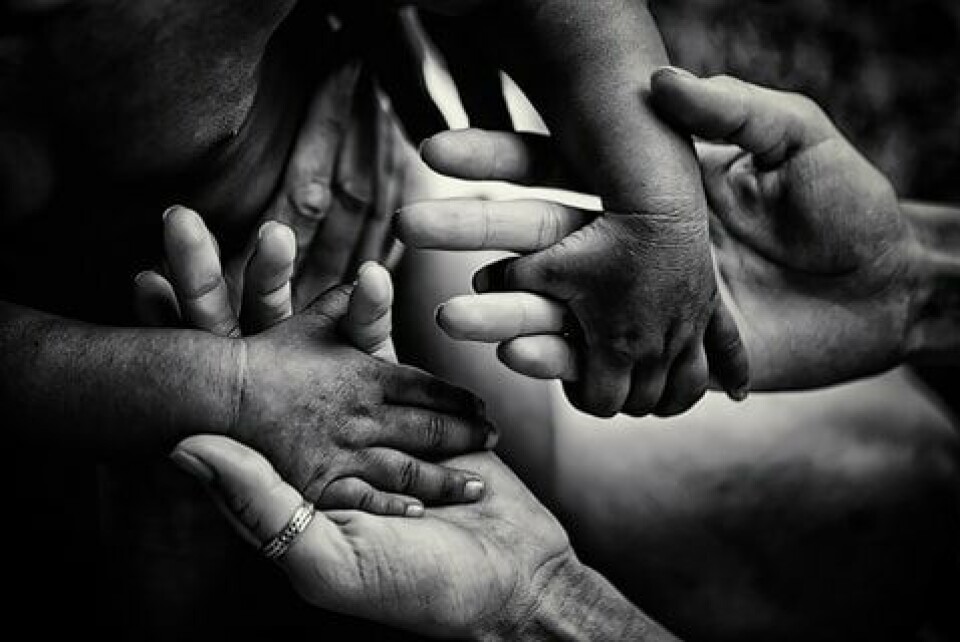Copyright : Re-publication of this article is authorised only in the following circumstances; the writer and Africa Legal are both recognised as the author and the website address www.africa-legal.com and original article link are back linked. Re-publication without both must be preauthorised by contacting editor@africa-legal.com
Africa Urged to Join Hague Convention

Few African countries have signed up for the Hague Conference (HCCH) Conventions aimed at facilitating trade, commerce and foreign investment but also giving effect to human rights, particularly for children. Tania Broughton reports.
There were plenty of African voices at this week’s African Regional Conference on the HCCH - the Netherlands-based global body promoting cross border cooperation - hosted at the University of the Western Cape in Cape Town.
They used those voices to argue that many of the conventions appeared “Eurocentric” - and African countries had not been included in their drafting.
“It’s a chicken and egg scenario,” HCCH secretary Philippe Lortie told Africa Legal.
Earlier he had told delegates: “Africa is very important. We want more voices. Send your young people to us. We would learn so much from them and they from us. You need to join, you need to step up to the plate.”
Since 2000, only five African countries have become members, mainly from the north and, of course South Africa and Namibia.
There are a handful of “contracting parties” or signatories to some of the conventions specifically in adoption and child abduction.
But huge swathes of Africa - Nigeria, Kenya, Uganda, Mozambique, Ethiopia - are “greyed out” on the global coverage map Lortie showed during his presentation.
Even so he believes, the conventions are “fit for purpose” for almost all African countries.
“What matters is that there is a commitment from these States towards the work of the Hague Conference. It can take place in two ways: They can become a member and have a say and influence in the way we work.
“Or, they can sign and ratify the conventions which will see huge benefits for them.”
The biggest support, so far, has been for the outlining guidelines for adoptions, largely brought about by media focus on the “trade” and selling of African children and highlighted by adoptions by the likes of Madonna and Angelina Jolie.
The child abduction convention also has some support, but there are no African signatories to the child support convention and only two - Morocco and Lesotho - for the child protection convention.
Lortie says there is a lack of knowledge and information among decision-makers, particularly in sub-Saharan states.
“They also have bigger issues to deal with domestically - these take priority.”
So, what are the benefits?
As an example Lortie cites a recent report about a flood of “unaccompanied children”, aged between 12 and 18, who are heading north along eight known different routes, hoping for work and safety from natural disasters in their own countries.
They do their homework to determine the safest routes.
But many end up being trafficked and sexually exploited. They are robbed and some killed.
“What they thought would be heaven, turns into hell.”
“If the states which they traverse through were part of the convention, these children would be on a shared database, the states would be working together to identify who they are, where they are likely to be located and the steps that need to be taken to ensure that they are safe and returned home.”
The HCCH is reviewing how best to operate regionally and, he says, one way to “win the hearts and minds” of African leaders would be to establish one, or possibly two HCCH offices on the continent.
It has worked well in Latin America where the HCCH has an office in Buenos Aires headed by a child protection expert.
“He goes to a different state every second month. He is like a salesman. He promotes the treaties, he trains people in adoption, abduction and child protection. We have had immediate results. Everyone knows him and he knows everyone.”
To read more from the recent Hague Conference click here
